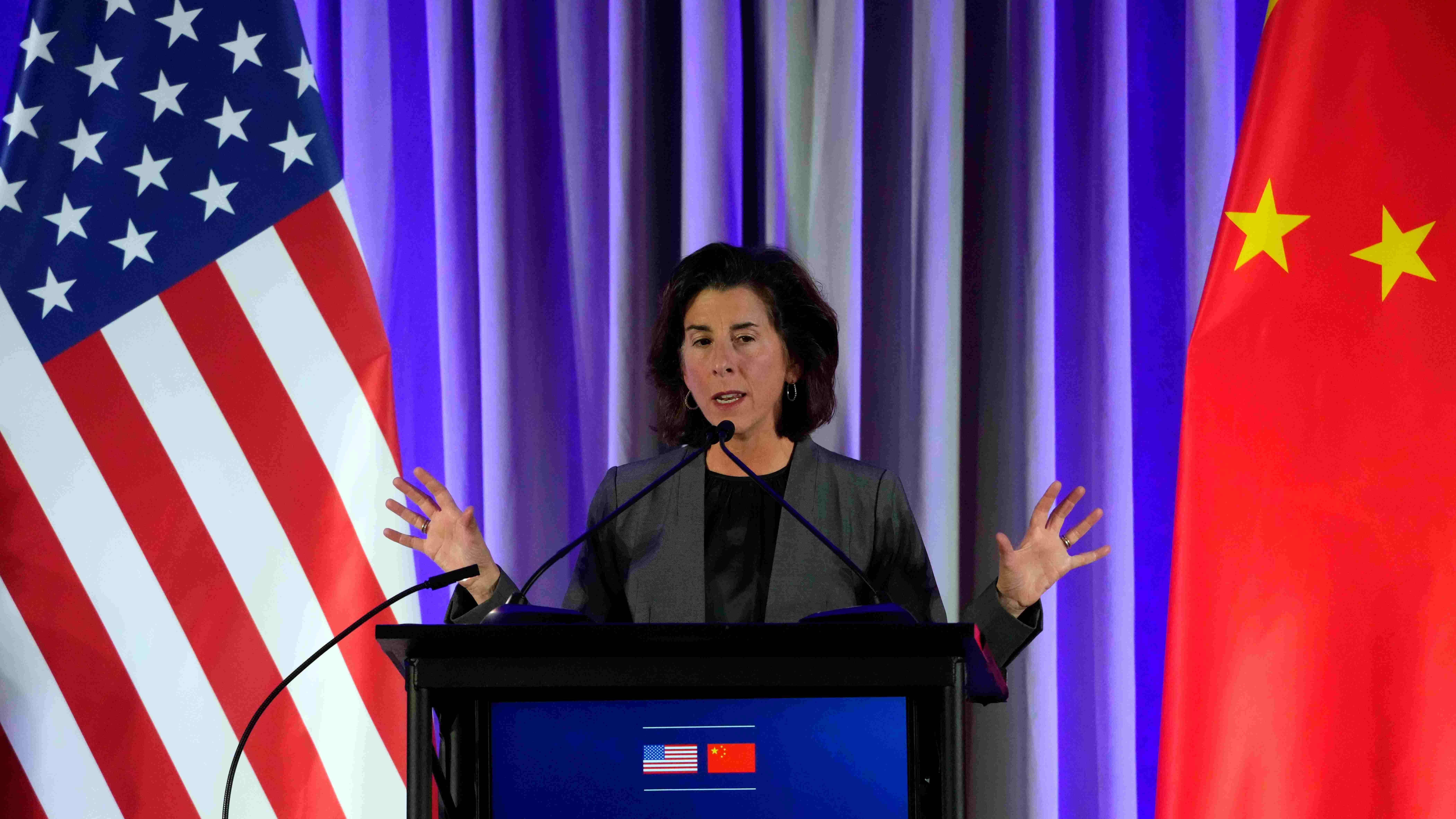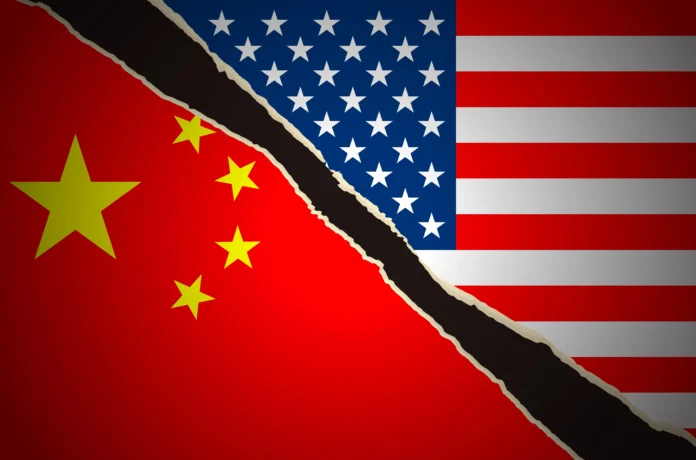As part of the intensifying technology rivalry between Washington and Beijing, the United States is pressuring cloud computing companies like Amazon Web Services and Microsoft Corp. to reveal any overseas customers working on AI apps hosted on their servers.
On Monday, the Biden administration unveiled a plan that would force businesses to disclose the identities and IP addresses of their international clients. Google, owned by Alphabet Inc., and Amazon would have to figure out how to gather that information and disclose any questionable behavior, as stated in the rule draft that was released on Sunday.
If put into effect, Washington’s regulations might block Chinese companies from accessing servers and data centers that are vital for AI training and hosting. They also make cloud services responsible for gathering, maintaining, and analyzing client data, which is a lot like the stringent “know-your-customer” regulations that control the banking sector.

A senior official at a prominent US cloud provider, who preferred to remain anonymous to discuss internal evaluations, expressed concern that US firms may fall behind their foreign competitors due to the difficulty and expense of gathering comprehensive customer data.
In a statement, Fred Humphries—the VP of US government affairs at Microsoft—said that the business is eager to provide feedback on the proposed rule and is in favor of know-your-customer and cybersecurity standards for AI technology. Google declined to comment, and an Amazon spokesman did not return a request for comment.
Since it views Beijing as its principal global strategic rival, the Biden administration is very worried about China’s progress in artificial intelligence and other next-generation technologies.
On Friday, Secretary Gina Raimondo stated that her team is going to zero in on Chinese companies as part of its mission to eliminate national security risks associated with artificial intelligence research. After previously trying to limit Beijing’s access to cutting-edge semiconductors, Washington now wants to do the same for Chinese companies’ capacity to create AI with possible military applications.

“These models getting in the hands of non-state actors or people that aren’t our allies is very dangerous,” Raimondo warned the Washington audience.
The US should work together on artificial intelligence “rather than decoupling, breaking chains and building fences,” stated Wang Wenbin, a spokeswoman for China’s foreign ministry, during a Monday routine press briefing in Beijing.
To identify potential foreign actors that could utilize artificial intelligence to carry out what the proposal calls “malicious cyber-enabled activities,” President Joe Biden in October ordered the Commerce Department to mandate cloud disclosures.
The US government is keen on assisting cloud service providers in combating threats such as “fraud, theft, facilitation of terrorism, and other activities contrary to US national security interests,” according to a statement released on Monday by the Commerce Department. Before adopting the policy, the US is seeking opinions on the proposed rule until April 29. In a covert operation, China is turning Huawei into a formidable chip warfare weapon.
According to the US Department of Commerce, US cloud providers’ overseas branches may be exempt from some identification requirements. Additionally, it cited commenters who have advocated for the most expansive definition of a US cloud service thus far and stated that it is going to clarify whether or not foreign subsidiaries are subject to the regulations.
Despite US restrictions meant to limit chip exports to China and sanctions against specific Chinese companies, the country’s tech elite have continued to make impressive strides forward.
In October, the United States imposed stricter regulations to seize additional chips, equipment, and regions. An effort to stop Chinese-headquartered corporations operating in over 40 countries from utilizing other nations as middlemen to obtain chips they can’t access at home was one of the main goals of one upgrade.




